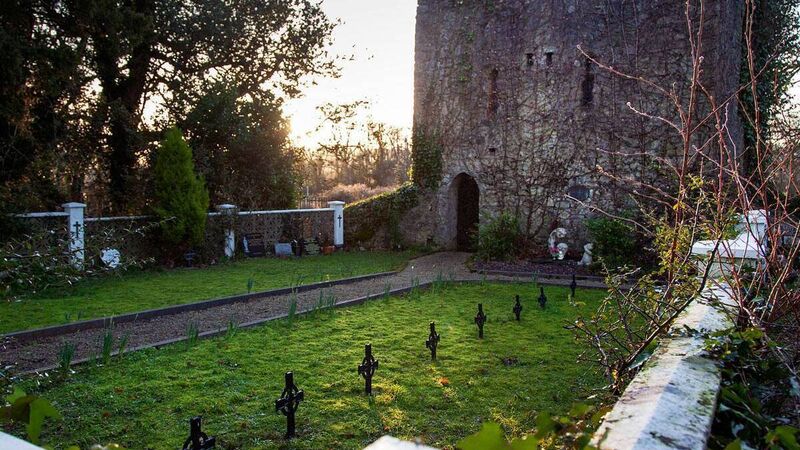Clodagh Finn: Negotiating with religious bodies is treating them with kid gloves

Sheila Nunan will hold confidential discussions with church institutions, seeking a “meaningful contribution” towards a €800m redress scheme that compensates just some of the survivors of mother and baby institutions. Picture: Eoin O'Conaill/BBC
We might start on a positive note. The appointment of an expert negotiator to discuss financial redress with religious bodies is welcome.
Sheila Nunan, former president of the Irish Congress of Trade Unions (ICTU), will hold confidential discussions with church institutions, seeking a “meaningful contribution” towards a €800m redress scheme that compensates just some of the survivors of mother and baby institutions.














